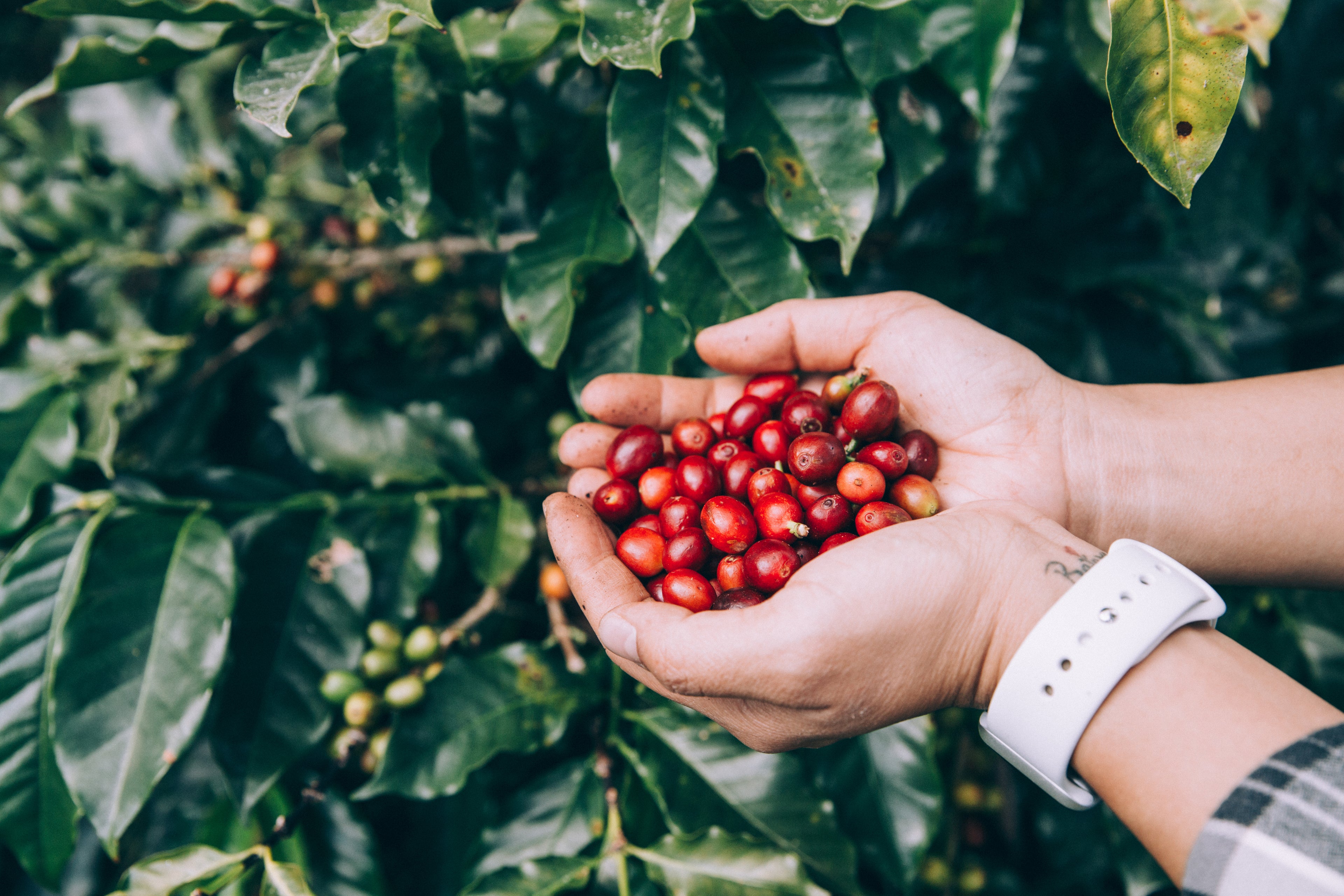
Sustainability in Coffee: What It Means and How to Contribute
In this comprehensive article, we will delve deeply into the topic of sustainability in the coffee industry. Sustainability has become a crucial issue in coffee production due to its impact on the environment, local communities, and the quality of the final product. We will explore in detail sustainable agricultural practices, available certifications, and how consumers can contribute to a more sustainable future for the coffee industry.
Practices for Sustainable Agriculture:
Adopting sustainable agricultural practices is crucial to protect the environment and ensure the long-term viability of coffee production. Some of the key practices include:
- Agroforestry Systems: Agroforestry systems integrate trees, crops, and livestock on the same land, helping to improve biodiversity, protect soil, and increase resilience to climate change.
- Organic Farming: Organic farming eliminates the use of synthetic chemicals such as pesticides and fertilizers and promotes more natural farming practices that preserve soil and ecosystem health.
- Water Management: Water conservation is essential in coffee-growing regions, where coffee cultivation requires large amounts of water. Implementing efficient irrigation techniques and rainwater harvesting are crucial practices to reduce water consumption and minimize environmental impact.
- Integrated Pest Management: Instead of relying solely on chemical pesticides, coffee farmers are increasingly adopting integrated approaches to pest and disease control, such as introducing beneficial insects and using biological control methods.
Certifications for Sustainable Coffee:
Certifications play a significant role in promoting sustainable practices in the coffee industry. Some of the most recognized certifications include:
- Fair Trade: The Fair Trade seal ensures that coffee producers receive a fair price for their products, enabling them to live dignified lives and reinvest in their communities.
- Rainforest Alliance: Rainforest Alliance certification promotes sustainable agricultural practices, biodiversity conservation, and worker welfare on coffee plantations.
- Organic: Organic coffee is grown without the use of synthetic pesticides and fertilizers, benefiting both the environment and consumer health.
How Consumers Can Support Sustainability:
Consumers play a crucial role in promoting sustainability in the coffee industry. Some ways consumers can contribute include:
- Choosing Certified Coffee: Seeking out and purchasing coffee with sustainability certifications such as Fair Trade, Rainforest Alliance, or Organic.
- Supporting Local Producers: Buying coffee directly from local producers or small cooperatives can ensure more sustainable production and support coffee-growing communities.
- Reducing Waste: Minimizing coffee waste and using preparation methods that require fewer resources, such as filtered coffee instead of single-use capsules, can reduce the environmental impact of coffee consumption.
In summary, sustainability in the coffee industry is crucial to ensuring a prosperous future for producers, the environment, and consumers. By adopting sustainable practices and supporting certified producers, consumers can play a significant role in building a more ethical and sustainable coffee industry.


